Search Fellows
Click on a Fellow below to view more information or create your own search.
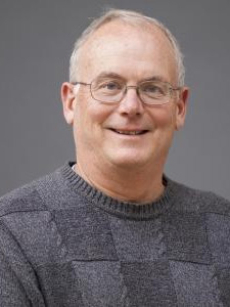
Thomas R. Palfrey
California Institute of Technology
Visiting Scholar
2014 to 2015
Palfrey will write a book on Quantal Response Equilibrium (QRE) and its applications to the social sciences. Developed by Palfrey and Richard McKelvey, QRE is a game theory concept that is now one of the leading approaches to modeling bounded rationality—the idea that individuals’ rationality is limited by the information they have—in games.
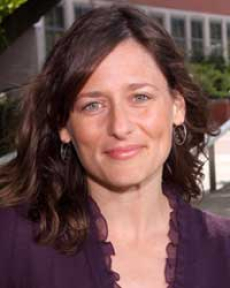
Elizabeth Levy Paluck
Princeton University
Visiting Scholar
2011 to 2012
Paluck will analyze how social norms and behaviors are transmitted among high school students in the United States. Paluck studies settings where prejudice and conflict seem intractable and seeks to understand how such "cultures" of harassment develop. She will examine which students in a social network are most effective at spreading tolerance among their peers, how they do so, and how long their influence in the network lasts.
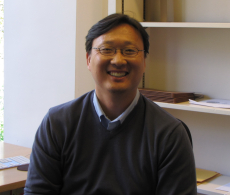
David K. Park
George Washington University
Visiting Scholar
2009 to 2010
David K. Park, assistant professor of political science at George Washington University, will advance a study examining how the electoral map of U.S. presidential elections shifted (in the years from 1876 to 2000) from red to blue among states along the coasts and from blue to red among states in the South and Midwest. Park will investigate possible causes for these reversals, including the distribution of wealth and inequality between the states, changes in political parties’ ideologies, changes in voter priorities, and the urban/rural divide.
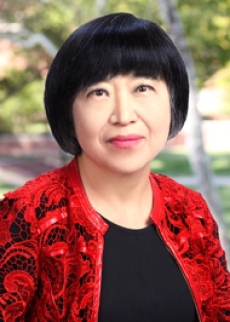
Kyeyoung Park
University of California, Los Angeles
Visiting Scholar
1997 to 1998
Kyeyoung Park, assistant professor of anthropology at the University of California, Los Angeles, explored ethnic and racial attitudes in Los Angeles in the wake of the 1992 Rodney King verdict and subsequent uprising. Her ethnographic work drew on a history of rapid economic and population shifts which created direct competition among ethnic groups for jobs, housing, and access to educational and health institutions.
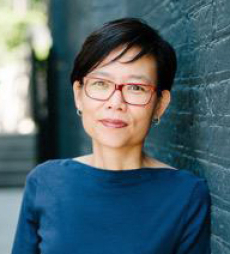
Lisa Sun-Hee Park
University of California, Santa Barbara
Visiting Scholar
2019 to 2020
Park will study medical deportations, or the involuntary removal of chronically ill or severely injured immigrants to other nations to avoid the burden of health care costs. Using qualitative interviews and policy analysis, she will analyze the historical and social contexts of this little-known practice and explore its implications for public health and immigration policy. She will also study how immigration advocates and the health care providers and administrators of hospitals and clinics that serve large numbers of low-income immigrant patients have responded to this phenomenon.
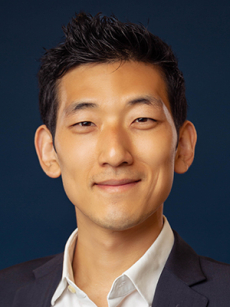
R. Jisung Park
University of Pennsylvania
Visiting Scholar
2024 to 2025
Park (with collaborator Anna Stansbury) will investigate the extent to which the availability and quality of workers’ outside labor market options affect their health and safety in the workplace. Using data from approximately 15 million workers’ compensation claims from California workplaces, Park finds that better outside-occupation options are associated with reductions in the workplace injury rate.
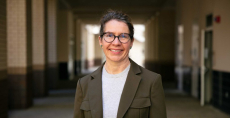
Virginia L. Parks
University of Chicago
Visiting Scholar
2008 to 2009
Virginia L. Parks, Assistant Professor, School of Social Service Administration at the University of Chicago, and Dorian T. Warren, Assistant Professor of Political Science at Columbia University, will study grassroots community resistance to “big box” retail stores in New York, Chicago, and Los Angeles.
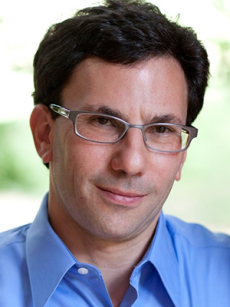
Eric Patashnik
Brown University
Visiting Scholar
2024 to 2025
Patashnik will examine the federal government’s performance as a problem-solving institution. Drawing on theories of political failure and a historical review of problem-solving activities across domestic issues, including education, environment, and healthcare, Patashnik will write a book about the contemporary policy state and how government’s capacity to frame and address important societal problems can be improved.
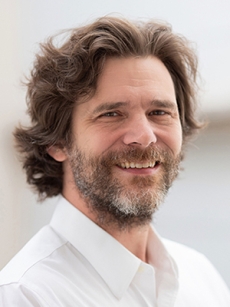
John Patty
Emory University
Visiting Scholar
2025 to 2026
Patty and Elizabeth Penn will examine how algorithms that classify people, such as the FICO credit score and Equivant’s COMPAS recidivism risk scoring algorithm, shape individual behavior and social outcomes. Their research will address questions such as how society should regulate algorithms and how issues of individual liberty and privacy should shape such regulations. They will utilize game theoretic modeling, interviews, and historical analysis of classification algorithms for their project.
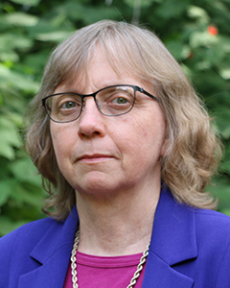
Anne R. Pebley
University of California, Los Angeles
Visiting Scholar
2018 to 2019
Pebley and Noreen Goldman will analyze longitudinal data on Latino health outcomes, focusing on how factors such as documentation status and occupational segregation affect the physical wellbeing of immigrants and native-born Latinos. They will also examine the extent to which the recession affected immigrants’ health and the extent to which the risk of deportation for undocumented individuals changed during the Obama administration. Pebley will also explore how drug-related violence in Central America shapes patterns of immigration to the U.S.
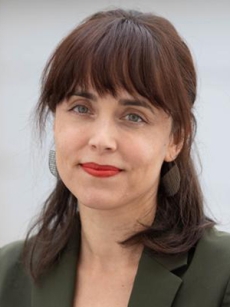
Elizabeth Penn
Emory University
Visiting Scholar
2025 to 2026
Penn and John Patty will examine how algorithms that classify people, such as the FICO credit score and Equivant’s COMPAS recidivism risk scoring algorithm, shape individual behavior and social outcomes. Their research will address questions such as how society should regulate algorithms and how issues of individual liberty and privacy should shape such regulations. They will utilize game theoretic modeling, interviews, and historical analysis of classification algorithms for their project.
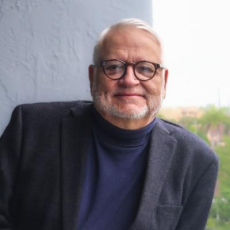
Lisandro Perez
Florida International University
Visiting Scholar
1997 to 1998
Lisandro Perez, associate professor of sociology and anthropology and Director, Cuban Research Institute, Florida International University, employed an intergenerational study of Cubans in southern Florida to assess the extent to which the extraordinary success of the first generation will be repeated in the next. Perez looked at apparent erosions in the social and economic conditions that favored the first generation of Cubans in Florida, including high female labor force participation, extended family households, and the creation of an economic immigrant enclave.
Krista M. Perreira
University of North Carolina, Chapel Hill
Visiting Scholar
2008 to 2009
Krista M. Perreira, Associate Professor of Public Policy at the University of North Carolina, Chapel Hill, will synthesize six years of research into a comprehensive book on Latino immigration to the American South. Focusing on what we can learn about “new” immigrant destinations, Perreira will assess the migration and acculturation experiences of Latino youth and their parents in the South. Perreira will also evaluate how non-Latino youth and their families are responding to the recent influx of Latino immigrants.
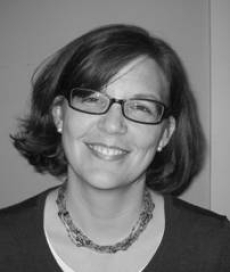
Becky Pettit
University of Washington
Visiting Scholar
2003 to 2004
Becky Pettit, assistant professor of sociology at the University of Washington, will pursue two projects on the role of institutional factors on labor market opportunities and patterns of inequality. Pettit's first project examines the role the prison system plays in perpetuating racial and class inequality in employment and earnings by examining data on inmates' post-release employment histories compared with those of non-inmates. Pettit's second project will examine cross-country variation in women's labor force participation.
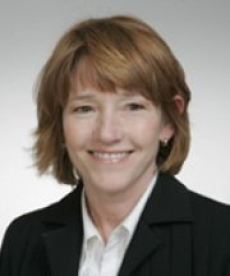
Jo Carol Phelan
Columbia University
Visiting Scholar
2012 to 2013
Phelan will examine the link between health and race, gender, and immigrant status. She will also explore the effects of stigma on behavior and the relevance of implicit attitudes to labels like “mentally ill” and “low education.” She will also consider what role “essentialism” plays in stigma.
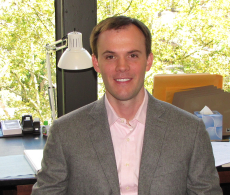
Justin Phillips
Columbia University
Visiting Scholar
2009 to 2010
Justin Phillips, assistant professor of political science at Columbia University, will collaborate with Leah Brooks, assistant professor of economics at the University of Toronto, in a working group examining how neighborhood conditions and community organizations in Chicago, Los Angeles, and Detroit are related to the political processes behind city redistributive policies. Specifically, the study will examine whether voter support of a particular politician influences the subsequent allocation of Community Development Block Grants.
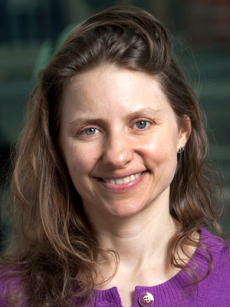
Kim Phillips-Fein
New York University
Visiting Scholar
2020 to 2021
Phillips-Fein will work on a book analyzing the various defenses of economic inequality advanced by American business leaders and economic writers who wrote accounts of capitalism for a wide public audience. Her historical narrative will explore the various ways members of the elite wrote about economic inequality, and the arguments they advanced in its defense. Among those profiled are Andrew Carnegie, Alfred P. Sloan, Henry Ford and Sam Walton.
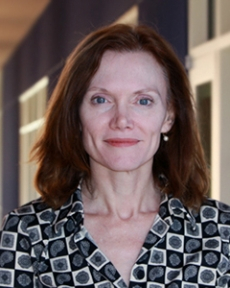
Francesca Polletta
Columbia University
Visiting Scholar
2004 to 2005
Francesca Polletta, Associate Professor of Sociology at Columbia University, will study public deliberations on the rebuilding of lower Manhattan following the September 11, 2001 terrorist attacks in New York City in order to examine the effectiveness of such community forums in policymaking. Based on participant surveys following online and in-person meetings, she will examine the impact of these deliberative processes on public policy decisions and people's long-term civic participation.
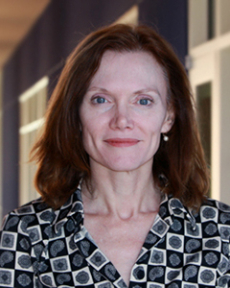
Francesca Polletta
University of California, Irvine
Visiting Scholar
2018 to 2019
Polletta and Edwin Amenta will study the ways in which social movements have transformed culture and everyday life. Drawing from interviews, public polls, and media coverage of social movements such as the civil rights movement, gay and lesbian activism, movements around abortion, and anti-tax and anti-welfare movements, they will examine movements’ impact on public opinion, institutions such as medicine and higher education, and the cultural assumptions guiding policymakers.
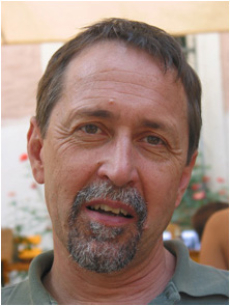
Jonas Pontusson
Cornell University
Visiting Scholar
2004 to 2005
Jonas Pontusson will develop a project exploring the political consequences of economic inequality, addressing its effects on policy preferences, politics, interest groups, and mobilization in several countries. Specifically, he will explore how rising wage inequality affects the ability of unions to aggregate interests and mobilize their members politically.
